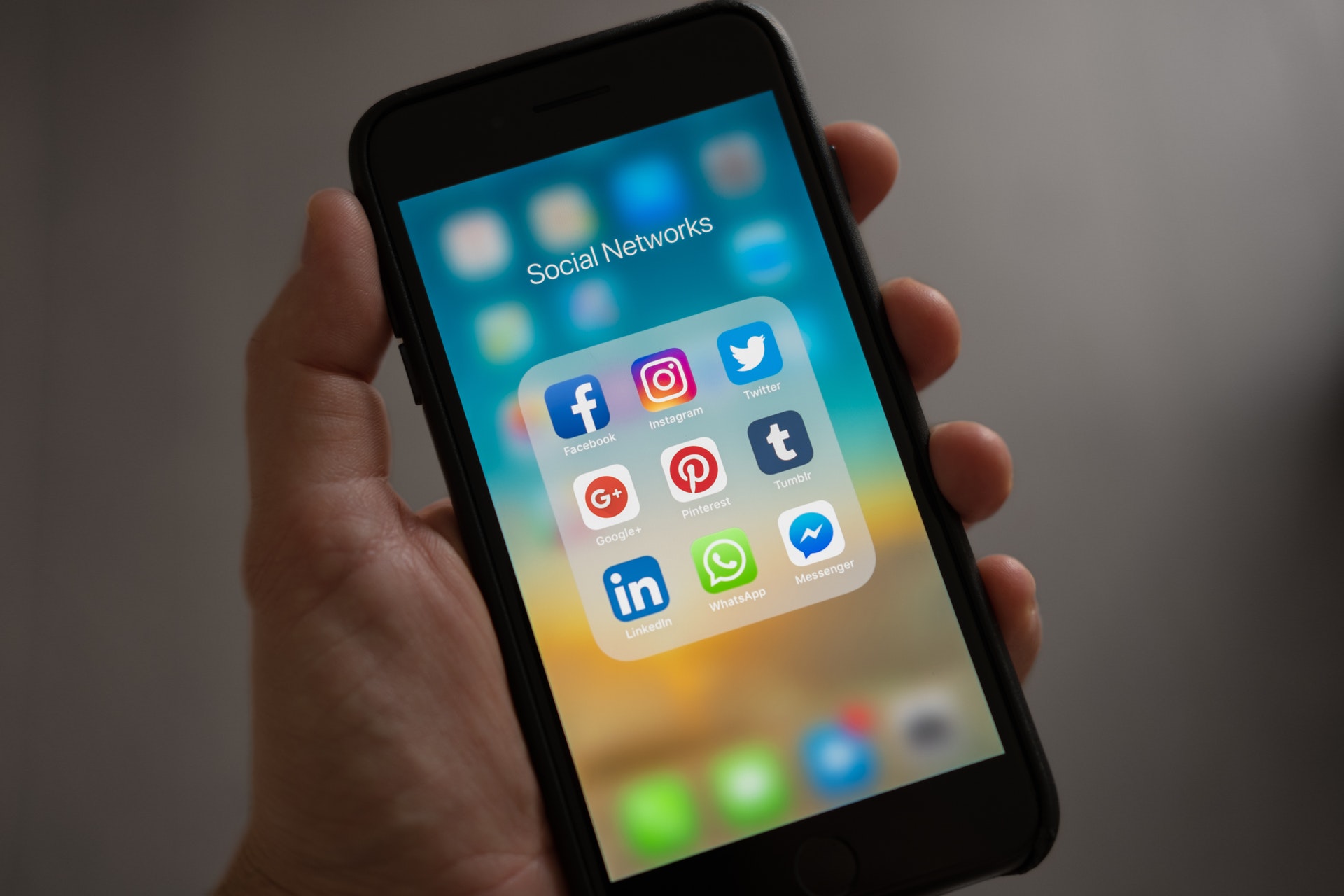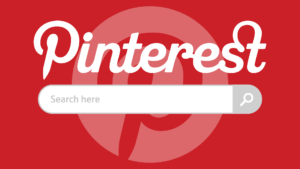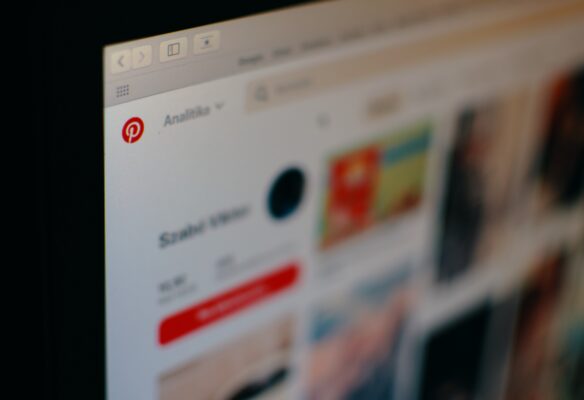Big news from the tech world: Pinterest, the social media network, has announced a new partnership with the WHO, UNICEF, the CDC, American Academy of Pediatrics and the Vaccine Safety Net (VSN).
The tech giant, which provides a virtual pin-board where users can share visual content, last year pulled millions of posts in an effort to curb the spread of harmful misinformation about vaccination. At the time, Pinterest blocked all vaccines-related content rather than attempting the mammoth task of scientifically vetting every post.
Now, in collaboration with public health organisations and the VSN network of vaccines-related websites, of which Vaccines Today is a member, it will allow selected content to be ‘pinned’ and viewed by users.
Check out the Vaccine Safety Net Pinterest board

‘As we continue to tackle health misinformation, we remove it and the accounts that spread it from our service. But we also want to bring expert content onto Pinterest,’ the company said, announcing the new partnerships. ‘We know we aren’t medical experts, which is why we’re working with respected health organisations to inspire Pinners with trustworthy information about health.’
Pinterest has built a ‘blacklist’ of search terms covering topics such as measles and MMR, as well as ‘negative’ search terms including ‘anti-vaxx’ and ‘vaccine danger’. Now users searching for these keywords will find relevant material provided by reputable websites and organisations.
‘Last year we made the decision to stop showing results for searches related to vaccines as a way to prevent people from encountering harmful health misinformation,’ the company said. ‘This new search experience only shows results from leading public health experts – you won’t see any recommendations or comments on Pins in these results. We also won’t show ads.’
 The announcement comes as social networks and search engines seek new ways to tackle line misinformation. Facebook, Twitter, Google and Instagram are among the most influential forces in public health. As outbreaks of measles and other vaccine-preventable diseases hit the headlines around the world, it has brought new scrutiny to the role of tech giants in society.
The announcement comes as social networks and search engines seek new ways to tackle line misinformation. Facebook, Twitter, Google and Instagram are among the most influential forces in public health. As outbreaks of measles and other vaccine-preventable diseases hit the headlines around the world, it has brought new scrutiny to the role of tech giants in society.
‘We are taking this approach because we believe that showing vaccine misinformation alongside resources from public health experts isn’t responsible,’ Pinterest said. ‘Health misinformation has the potential to impact public health, regardless of what service it’s found on. Allowing this content to spread through Pinterest’s search results isn’t in line with enforcing our community guidelines, which is why we’re limiting search results to trusted health organisations.’
Pinterest was once a haven for pseudoscientific views and stylised posts from lifestyle gurus, sometimes promoting alternative medical treatments. A study in 2016 showed that 75% of vaccine-related posts on Pinterest were anti-vaccination. But the company says it takes its responsibilities seriously, hence the decision to reach out to the WHO and VSN.
‘More than 300 million people come to Pinterest every month to get inspired and find ideas, from easy weeknight meals to crafts to do with kids,’ Pinterest said in a statement. ‘We believe an inspired life is a healthy life, and today we have an update on our efforts to combat health misinformation.’

‘Enthusiasm gap’
In reviewing its vaccines-related content, Pinterest said it has observed an ‘enthusiasm gap’ between those creating and disseminating harmful health misinformation and those creating resources rooted in settled science.
Generally, there’s more accessible and visually compelling health misinformation than science-based journal articles on the virtues of vaccinations, the company said. ‘In addition, we’ve found that some purveyors of health misinformation have a financial incentive. For instance, some sell products and potions, and others use spammer tactics and clickbait to drive traffic to their own sites where they monetise.’
On top of that, Pinterest said experts have shown there’s a data void when it comes to reliable information about vaccines: ‘There’s a greater distribution of vaccine misinformation than information. In short, anti-vaccine content is contagious.’ The company said it would also work with health organisations on creating visually compelling ways to present information that is primarily text-based.
This new search experience is now available globally in English across our mobile apps for iPhone and Android, and on the web. We look forward to continuing our work with trusted health organizations to expand authoritative results on other searches and in more languages.





Pingback
September 6th, 2019
[…] Información confiable: Pinterest y Vaccine Safety net unen fuerzas […]